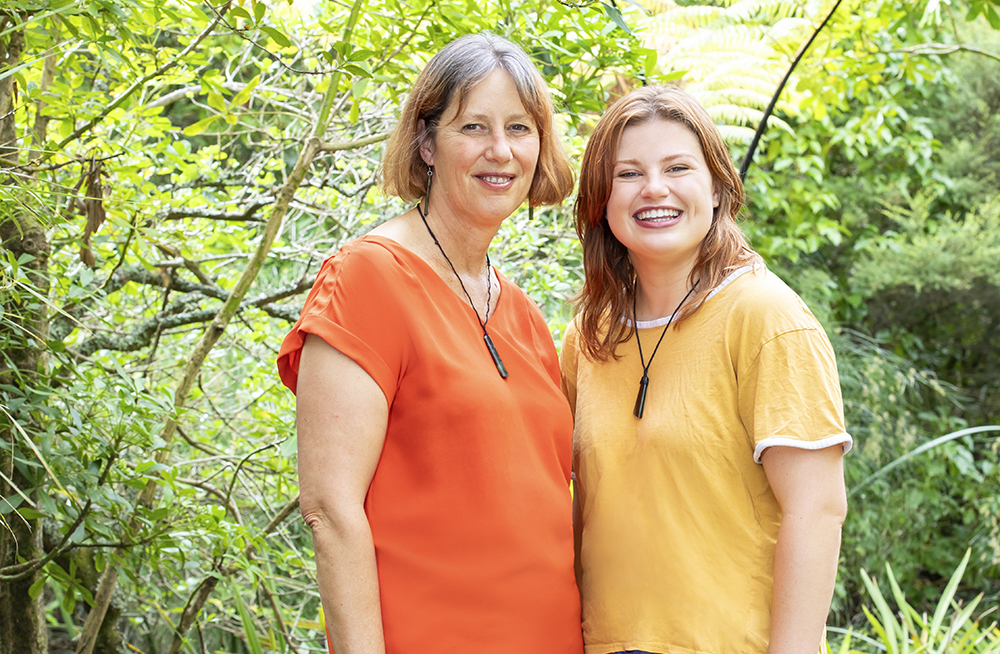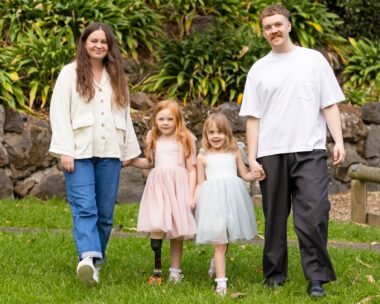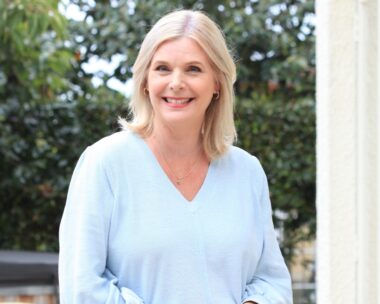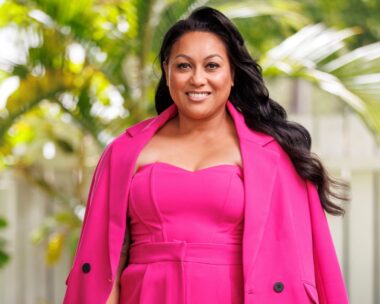Throughout high school, Alex Medland had always been a high-achieving, self-motivated student, putting the pursuit of A-grades ahead of her mental wellbeing.
And mum Melanie reckons when you’re a bit of a perfectionist, like her eldest daughter, you follow through with 100 percent commitment to everything – including anxiety and depression.
Although the pair can share a wry smile about it now, they don’t downplay the family’s suffering after journeying alongside Alex, then 17, as she battled severe mental illness in 2018.
What started with regular tears, a panic attack at her school ball and slowly withdrawing from family time, scarily turned into depression, self-harm and attempted suicide.
“Sometimes when your child gets sick, you think it’s your teenager just being a teenager and you don’t know if them sleeping in is something you need to be more concerned about,” says Melanie.
“Looking back on it, there were definitely signs I missed because I didn’t realise something more was up at the time. But luckily, Alex was really open about how she was feeling. So when she said things like, ‘I’m not okay’, or, ‘It’s like I’m disassociating from my body’, I knew we needed to get her to the doctor.”
Some days Alex could barely leave her bed. Melanie took leave from her role as Team Leader in a busy primary school as she couldn’t leave her daughter on her own through that period either.

‘Looking back on it, there were definitely signs I missed’
“It was five months of intense spiralling down,” recalls the 55-year-old teacher. “I felt hopeless and really overwhelmed. The things I was telling myself, like, ‘I’m such a crap parent’ weren’t helping either. I didn’t know what to say to Alex, in case what I said was wrong. So then I wasn’t saying anything.”
While her teen was “reasonably well-supported” in the mental health system, Melanie, a single mum-of-three, found there was nowhere to go to access the support she needed.
“I was only told about a meeting at 6pm in a local church hall once a month, but it wasn’t really for parents of teenagers with depression,” she says.
“So I got myself a coach because I was aware that I needed another adult to talk to and process my emotions with. And that when things got really bad, I wasn’t saying to Alex, ‘How dare you do this to us!’, but instead, ‘Honey, I can see you’re not well. Can I just sit with you?'”
“Yeah, that made a difference,” adds Alex, who is now 20.
For Melanie, the hard-won experience and knowledge she gained while helping Alex through her illness has inspired her to become a neuro-linguistic programming (NLP) practitioner to support and coach parents facing similar battles. She’s set up Beautiful Conversations, which provides online coaching courses for parents of teens experiencing anxiety and depression, and to all parents of adolescent children wishing to deepen their relationships.
“So much learning came out of that point of our lives,” tells Melanie. “As we were going through it, I was thinking, ‘I haven’t come this far to only come this far.’ I knew the lessons were worth sharing.

Alex has found happiness on the stage
“When parents see their teens struggling, they’re often quick to blame what’s happening on the outside world, like they say it’s the school’s fault or friends, or social media.
“But actually, as a parent, if you’re able to take responsibility for a lot of the basics, it makes a huge difference. We were told about the acronym EASES – Eat healthily, Avoid alcohol and drugs, Sleep (establish and police good sleep habits) Exercise and Sunlight.
“Our rangatahi might shrug their shoulders or roll their eyes at you, but they really need us to be their parent.”
Balancing the right medication with finding the right counsellor – to work through past trauma – marked a turning point in Alex’s recovery. With her eyes lighting up, she’s happy to report that life’s “really good” now.
She’s enjoying flatting and creating her own work as an actor and writer, most recently touring New Zealand performing a show for low-decile primary schools.
“I have amazing friends and am surrounded by creative people who fill me up,” Alex shares. “I’m still medicated, but I’m living a very full life and have learned the value on picking up on things before they get to an emergency situation.
“I remember reading that if someone physically broke their leg, you would get them to a doctor immediately and not let them continue to walk on that leg until it needed to be cut off. And I don’t think I would have got through this without Mum.
“Going into the system, it made me realise I am so privileged to have an amazing parent who believed me and would take time off work to look after me; a support network of friends and that I could articulate what I was feeling.
“Yet despite all that, I barely made it through alive. So how hard would it be for teenagers who don’t have those things?”
HELP IS HERE
Need to talk? 1737 – free call or text 24/7 to talk to a trained counsellor
Lifeline – 0800 543 354
Depression Helpline – 0800 111 757
Suicide Crisis Helpline – 0508 828 865 (0508 TAUTOKO)
Healthline – 0800 611 116
Samaritans – 0800 726 666
Information about suicide prevention can be found at mentalhealth.org.nz/suicideprevention




